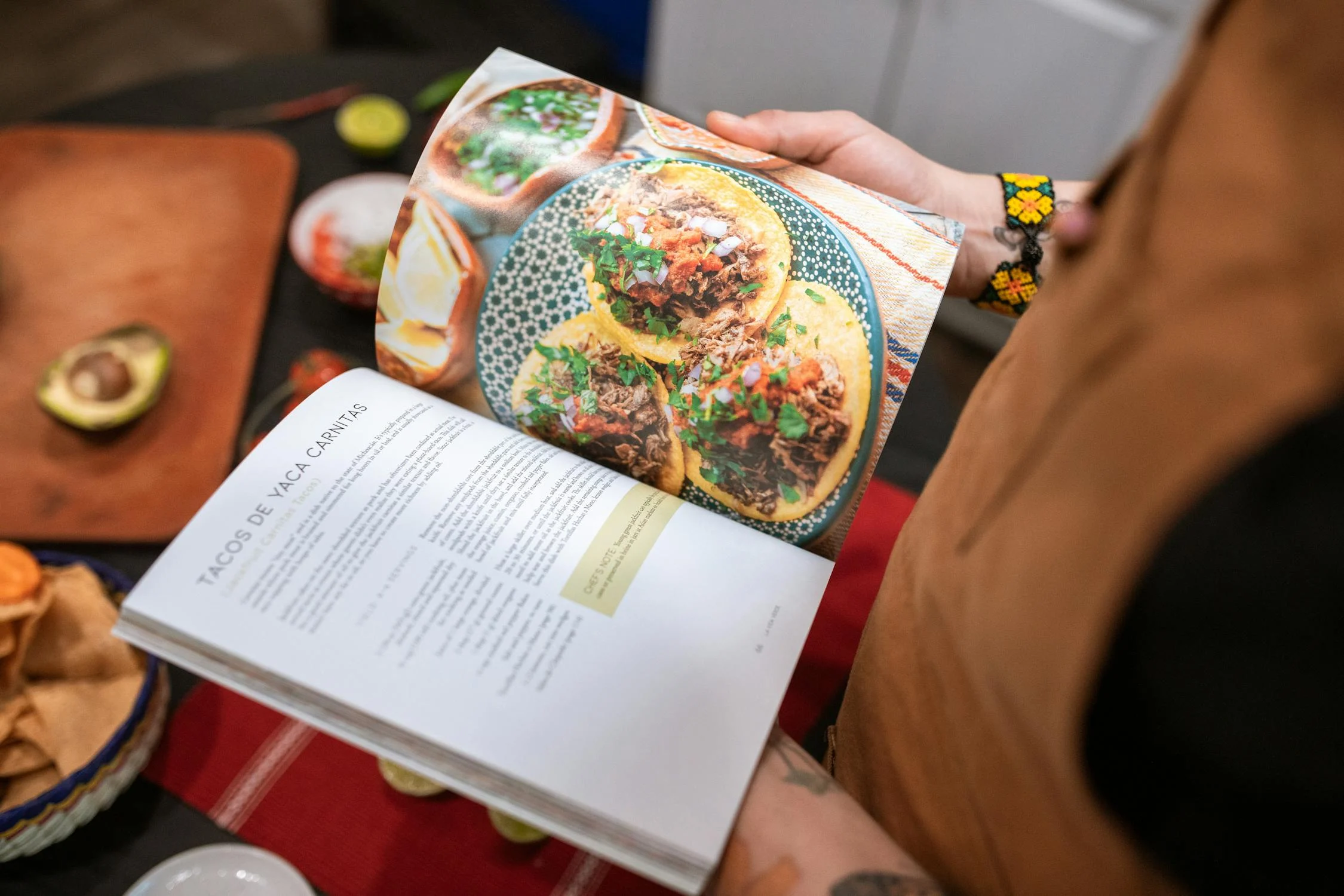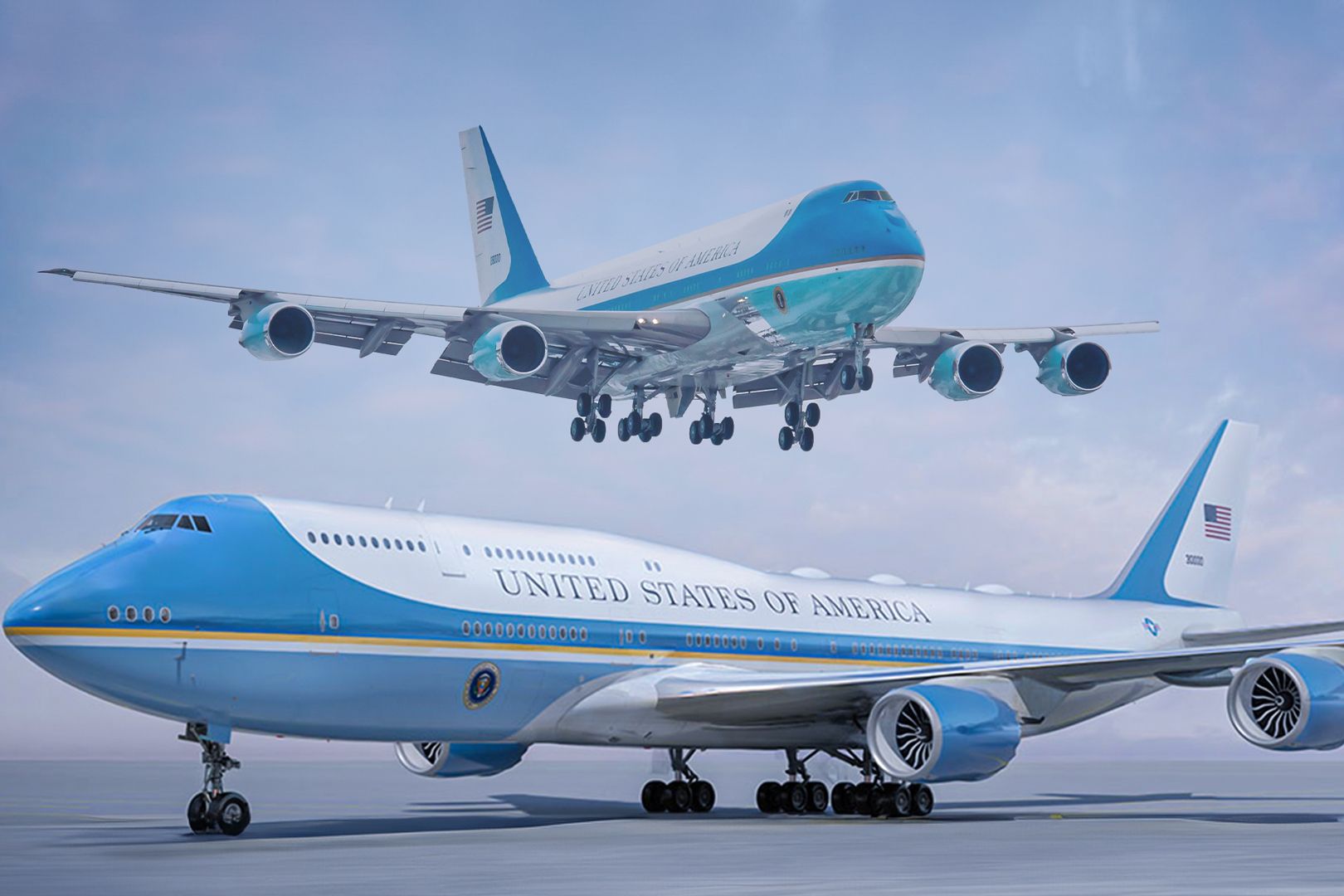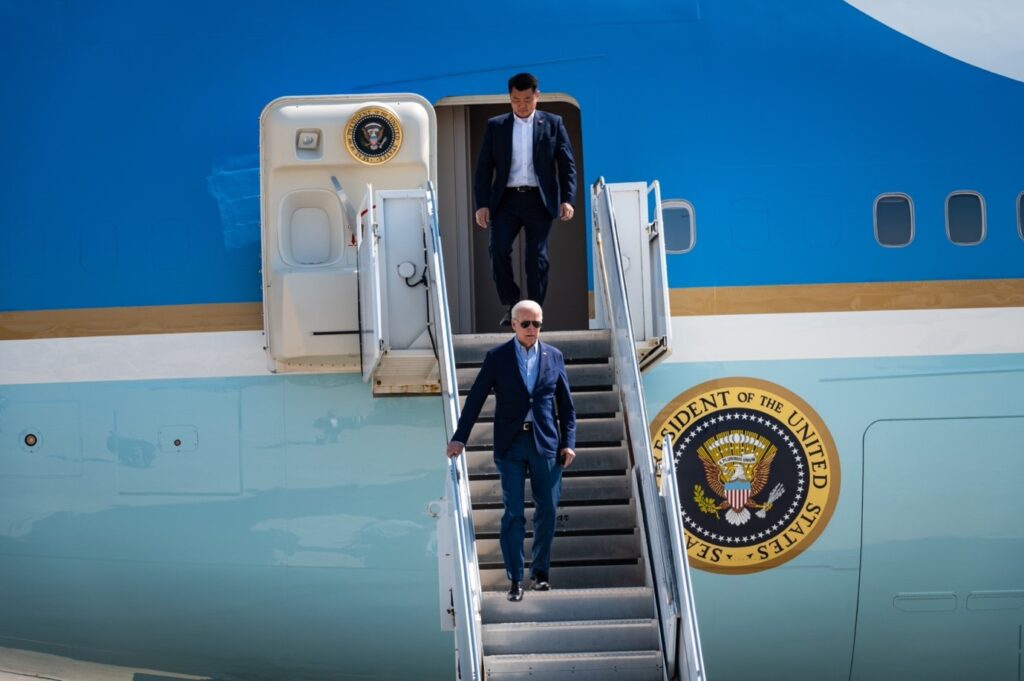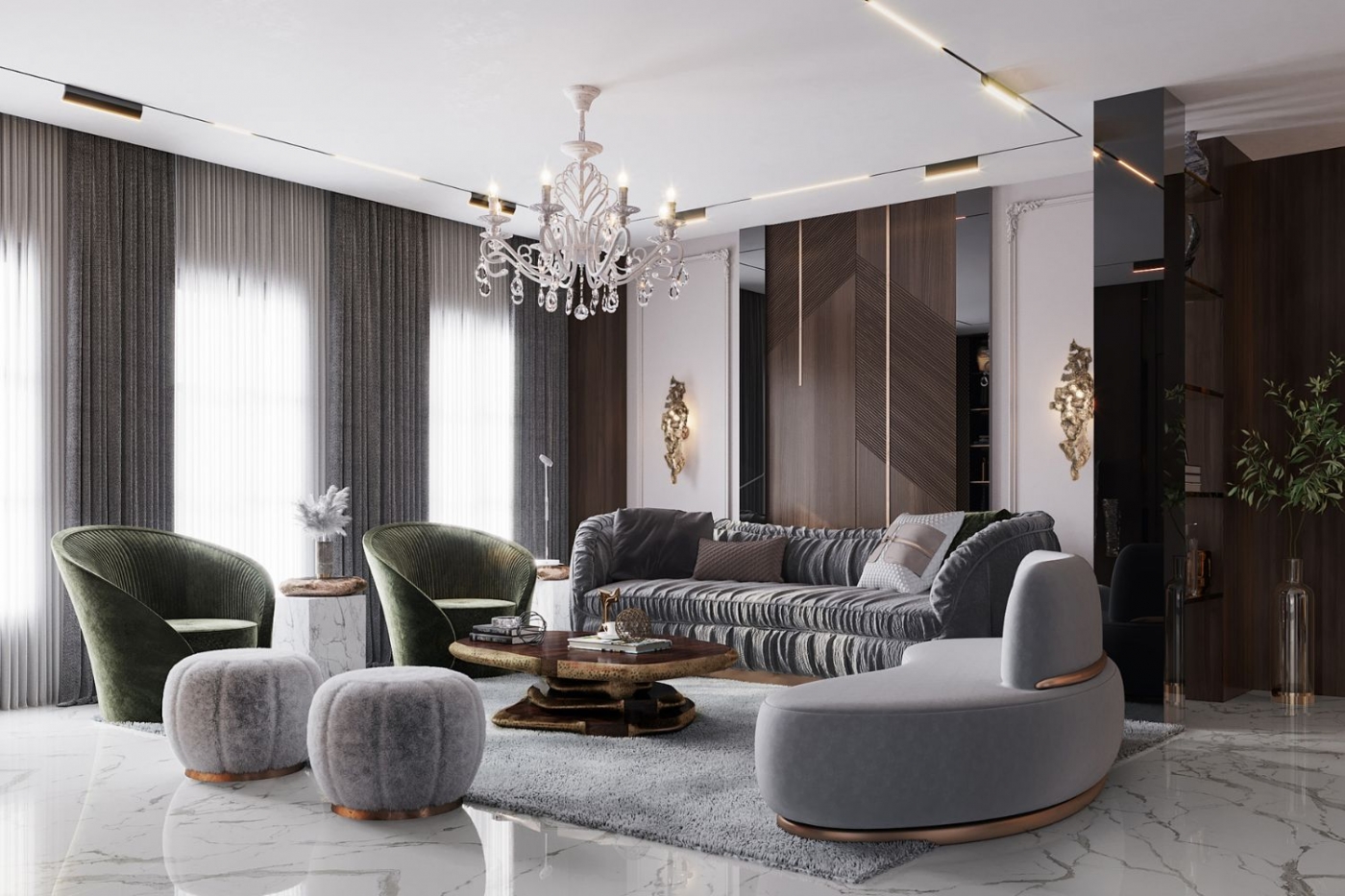Throughout Africa, politicians are using individual vogue to converse. From crimson berets, to all-khaki ensembles, to full-on cosplaying, leaders across the continent have a sturdy romance with style.
Inspite of their larger sized-than-lifetime effect, politicians are human beings. Fashion is valuable to the political course for a selection of causes. They include things like: bettering charisma, accessibility to respect and recognition, and to distract or emphasis attention. Manner is also a richly privileged site from which to survey a society. Some of the political values of selected leaders are uncovered by their trend decisions.
Beret positive aspects
Crimson berets are a mainstay of African political manner. Right impressed by the iconic styles of revered leaders Che Guevera and Thomas Sankara, the pink beret has been adopted by quite a few African politicians campaigning for radical revolution.
South Africa’s Julius Malema and associates of the Economic Independence Fighters (EFF) use the pink beret as a uniform. Bobi Wine’s quest to unseat a 34-12 months-outdated dictatorship in Uganda appropriates the pink beret as a
symbolic manner accessory.
In Nigeria, Omoyele Sowore is also a “red beret politician”. Soon after losing out at the country’s 2019 presidential elections, the human legal rights advocate has sustained a sequence of protests tagged “Revolution Now,” to incite mass motion against the ruling federal government. His followers are easily recognised by their berets.
Examine more:
Politics and vogue: the rise of the pink beret
Fashionistas in ability
Over and above berets, style and African politics come across frequent floor in multiple strategies. On his last day in workplace, Ayodele Fayose, the previous governor of Ekiti Condition, Nigeria, lifted heads when he turned up to the headquarters of neighborhood fiscal crimes watchdog, the Economic and Fiscal Crimes Fee (EFCC).
Fayose was sporting a t-shirt with the bold inscription “EFCC I’M Right here!” His retinue comprising of much more politicians, sported comparable outfits to display solidarity and defiance. He was in no way officially charged with a crime.
On the flip aspect of the war from corruption in Nigeria, manner can also be an accessory for felony routines. In 2018, the current governor of Kano State, Abdullahi Ganduje, was “exposed” by means of viral videos demonstrating him pocketing bundles of greenback charges gotten as kickbacks from awarding construction contracts. Though he is still to encounter prosecution, his big flowing gown, aka Babariga, became the unlikely star of the news.
Thanks to its massive pockets suited for storing and transporting illegal proceeds, it is regarded as the excellent outfit for political corruption. For his attempts, Ganduje has due to the fact been nicknamed “Gandollar”.
Nigeria’s political style model also includes vestiges of the country’s previous dictatorships. The 90’s changeover from military services rule to democracy observed would-be political leaders swap their military khakis with common civilian attires. Yet, decades later, the nation’s army past proceeds to linger in political fashion.
Adams Oshiomhole, the a short while ago ousted Chairman of the country’s ruling party, the All Progressives Congress (APC), is famous for his trademark civilian khakis. At the time renowned as a tough chief of the Nigeria Labour Congress (NLC), Oshiomhole turned the people’s hero by consistently standing up to the federal government and negotiating petroleum product or service charges to favour the masses. He has considering the fact that transitioned from labour leader to a two-phrase Edo condition governor, before getting party chairman and embattled godfather.
Oshiomhole’s khaki outfits now command a cult adhering to amid his hometown politicians and their associates. The recent deputy governor of Edo State, Philip Shaibu is from Oshiomhole’s hometown. Shaibu and his aides officially dress in comrade khakis as tribute to Oshiomhole, and a symbol of their motivation to democratic battle. It should be interesting to see how Shaibu and his aides get on with the khaki attires now that Oshiomhole’s godfatherism has experienced a setback in the previous state elections.
As a result of a 12-year stint (2007-2019) in Nigeria’s homes of parliament, Dino Melaye’s flamboyance manufactured a mark on the political wardrobe of submit-colonial Nigeria. A social media exhibitionist, Melaye initially entered political fashion’s hall of fame in 2010, following his apparel was shredded, during a forceful eviction from the chambers of the Home of Associates.
When making a songs video clip cameo, Melaye had the inscription “LEGEND” composed on a shirt. For his 44th birthday celebration, he threw a lavish ‘Pirates of the Caribbean’ themed occasion where by he was dressed as heroic fictional character, Captain Jack Sparrow. And in another episode, Melaye wore a graduation robe to the senate plenary session of Nigeria’s nationwide assembly so as to drum home his contested tertiary schooling credentials.
Drip is forever
Further than these, write-up-colonial Africa has a historical past of politicians deploying quirky manner styles to dramatise their magnificence. Congo’s Mobutu Sese Seko had a wardrobe dominated by animal pores and skin. But his really like of Western-motivated special “abacost” suits, betrayed his rhetoric of nationalism aka Zairianisation.
Cameroon’s Paul Biya and his family continue to polarise the public by sporting elite luxurious trend brand names at public appearances. Sun shades are also a constant in African management areas. They have been the favorite equipment for Libya’s Muammar Gaddafi, Togo’s Gnassingbé Eyadéma, and Nigeria’s Sani Abacha. Liberia’s ex-President, Ellen Johnson Sirleaf, also distinguishes herself by colourful outfits.
Fashion has the electricity to influence governments. The correlation among the vogue and management model of African politicians ought to be explored for insights. Vogue statements by politicians can subvert significant governmental concerns. They can also attract interest to unnecessary issues that have no impression on the voters. Politicians can also use manner statements as a tool of propaganda to manipulate the public.







